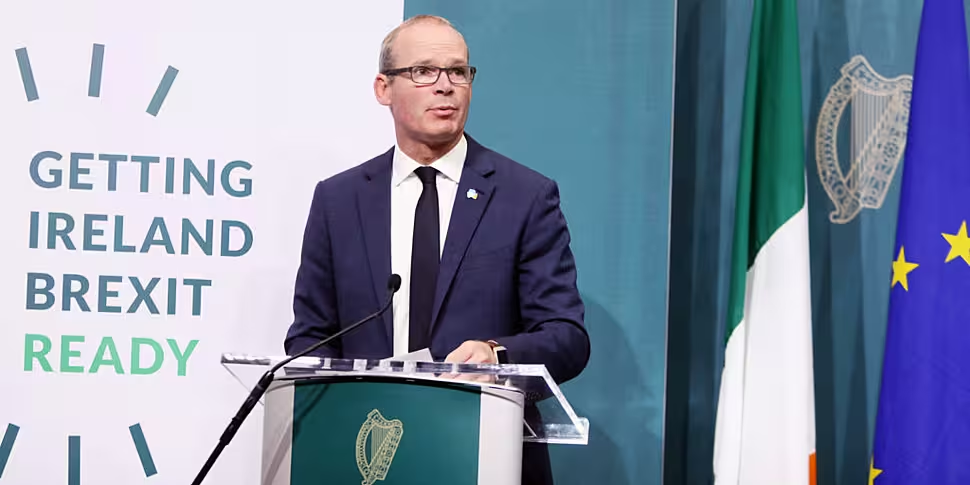The Government is reminding businesses of the need to prepare for Brexit - particularly a number of sectors of concern.
There are just 10 weeks to go until the British Brexit deadline of October 31st.
The Government has identified the sectors with low levels of Brexit preparedness.
These are: smaller businesses who may not realise they are trading with the UK, construction businesses, manufacturing companies, agrifood businesses - particularly those in food production - hauliers, and retail - especially independent shops and hardware stores who source products from or through the UK.
The Government has highlighted nine steps that all businesses can take.
- Understand the new rules for UK importing and exporting
- Review your supply chain and UK market strategy
- Be aware of possible changes to transport and logistics
- Review all your certification, regulation and licencing
- Review your contracts and data management
- Ensure you are maximising Government Brexit programmes and supports
- Manage your cash flow, currency and make sure your banking is in order
- Protect and inform your staff
- Know more about the impact to your sector
The most recent Government steps regarding no-deal preparations include revenue issuing their second round of direct engagement to businesses identified as being potentially at risk.
Further to 84,000 letters issued earlier this year, this round involves another direct communication via post - identifying the company's potential financial exposure to the UK market and the steps they need to take.
In this phase, nearly 27,000 letters have been issued and 10,000 businesses spoken with on the phone by a Revenue agent.
While a Clear Customs initiative is helping Irish businesses trading with or through the UK in preparing for new customs formalities arising from Brexit.
Tánaiste Simon Coveney said: "Work on Brexit preparations has the highest priority across Government, particularly as the likelihood of a no deal Brexit increases.
"A no-deal Brexit would have profound implications for Ireland on all levels.
"These include macroeconomic, trade and sectoral challenges, both immediately and in the longer term."
"It is only by Government, businesses and citizens working together nationally and with our EU partners that we can aim to mitigate as far as possible the impacts of a no deal Brexit, and ensure that we are as prepared as we can be for the changes it will bring."
Finance Minister Paschal Donohoe added: "It is vitally important that businesses do all they can now, to prepare for the impact of Brexit.
"One of the most practical steps businesses who trade with the UK can take is ensuring they have a customs registration, known as an EORI number.
"Having an EORI number is a necessary first step in being able to trade with the UK post Brexit."
More information can be found here









